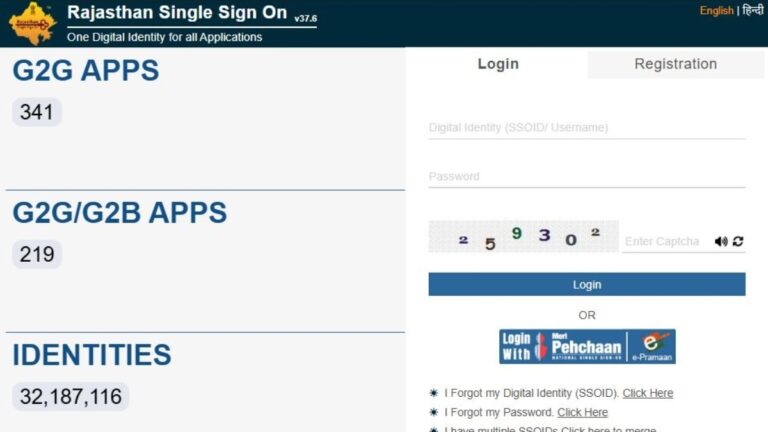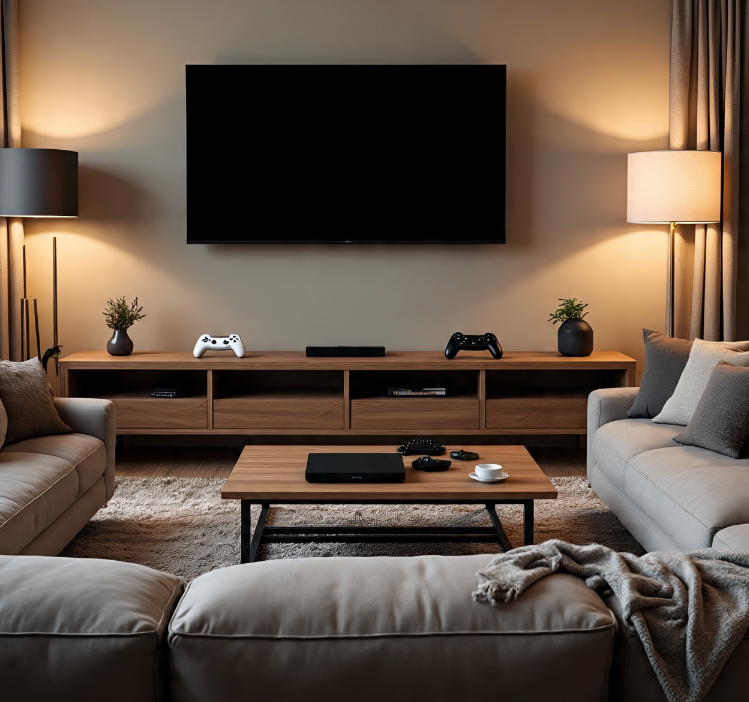Laws and Regulations: Houses of Worship for Non-Muslims in the UAE
The UAE has demonstrated its amazing commitment to religious tolerance and harmony. All the Emirates have been advocates (ministers and officials) of peace and prosperity among its diverse communities. They have stressed the need for coexistence with peace and harmony.UAE is home to over 200 different nationalities. Everyone is allowed to practice their religion freely. Therefore, the religions like Islam, Hinduism, Christianity, Judaism, Sikhism, Buddhism, and others are being practiced in the Emirates without any hurdle. Muslims and non-Muslims are permitted to fulfill their religious obligations inside the UAE.Let us explore this concept more in details with understanding of local UAE Law.
Interest of UAE Government
The UAE government is keen to protect everyone under the federal laws. They are laws regulates, establishes, and manages the houses of worship for non-Muslims in the UAE.The rules lay out not only to safeguard the religious rights but also to establish clear-cut procedures for safety, accountability, and governance. Ask attorneys to make the law easier for you. Professional lawyers in UAE are mostly trustworthy, especially Emirati lawyers are doing good job.
Houses of Worship for non-Muslims in the UAE
The Constitution of the UAE lays down a sturdy foundation to guarantee the liberty and freedom of religion. However, all the rights under the UAE constitution are within the boundaries of public order and morality.
Nonetheless, Article 32 of the UAE Constitution specifies that individuals are free to practice their religious rites according to the pre-established customs. Any practice must not collide with the public policy and basic morality.
The Federal Decree-Law No. 34 of 2022 on Combating Discrimination and Hatred is the law that prevents religious groups from hostility, discrimination and incitement.
Other than that, there are numerous provisions and ministerial resolutions that regulate the management and registration of place of worship like temples, churches, synagogues, and community centers.
The regulations require the houses of worship in the UAE to obtain licensing and register themselves. They also must adhere to the safety codes and operate transparently in regard to their finances and activities in the UAE.
This is termed a well-structured approach towards religious harmony. It also reflects the balance between preservation of social harmony and freedom of belief.
Licensing and Establishment Requirements:
The Ministry of Community Development is the main authority in the UAE. They are responsible for giving approvals to the houses of worship for non-Muslims in the UAE.
The applicants should submit detailed plans regarding the activities, building codes, community needs, and security measures. The applicants should submit plans that demonstrate the complete plans regarding different aspects.
They need approvals. The houses of worship are permitted to carry out religious and social activities. However, the authorities in the UAE will supervise the activities carried out.
Furthermore, this process will assist in ensuring that the houses of worship and community centers are secure, protected, accessible, and well-integrated into the broader communities in the UAE.
The Federal Law No. 5 of 1985, that is also called the Civil Transactions Law, provides the contractual foundation for property and organizational agreements.
This offers guarantees to these institutions to operate under a legal framework. Moreover, it also ensures respect for religious needs and legal obligations.
Accountability for Houses of Worship in the Emirates
Non-Muslims houses of worship and centers require internal committees to be formed. They will be responsible for administration of activities with the governmental bodies in the UAE.
Furthermore, the committees will also oversee the financial management and facility maintenance. They will also take care of the event organization and inspect the activities.
Moreover, they will ensure that event organization and regular audits are also conducted by them. The prime objective is to ensure compliance with the federal laws.
In addition, the Federal Decree-Law No. 32 of 2021 on Commercial Companies is indirectly applicable to worship-related entities.
Those who are engaged in community development projects and handle the charitable contributions will adhere to it. This law specifically strengthens the accountability and transparency of funds. It makes sure that the funds are used based on religious and legal standards.
Community Integration and Social Responsibility
The Houses of worship for non-Muslims are not religious and spiritual centers. Besides, they are also known to conduct social and cultural gatherings. They directly contribute to the multicultural fabric of the UAE and Dubai. Therefore, they may conduct events, religious programs, educational activities, and charitable events.
The Federal Decree-Law No. 2 of 2008 on Associations and Non-Governmental Organizations provides an additional legal framework for houses of worship. This allows religious institutions to operate as registered entities. Moreover, they have fully predefined rights and responsibilities.
Due to integration, the houses of worship and centers act as a source of bridging gaps between communities.
It has garnered the UAE a reputation as a global hub of tolerance, harmony, and religious freedom. This also highlights the UAE’s dedication to protecting diversity while still maintaining respect for Islamic identity.
Lawyers in Dubai in the UAE
Whenever a house of worship is established or managed, the Dubai law are inevitable. They guide the religious groups regarding the licensing procedures and registration process.
They ensure all the documents are in line with the federal laws and the emirate-level regulations. The well-versed professional lawyers assist with fulfilling the legal requirements.
Additionally, any delay or disputes can be carefully handled with the help of a legal expert. The well-equipped lawyers always support in drafting the organizational constitution and managing contract and its terms and conditions. They always provide professional legal support and services.
Besides, they also aid in resolving conflicts that may arise between worship committees or with third parties. The legal guidance will allow the houses of worship to emphasize their religious mission while remaining fully complaint with the UAE laws and regulations.







